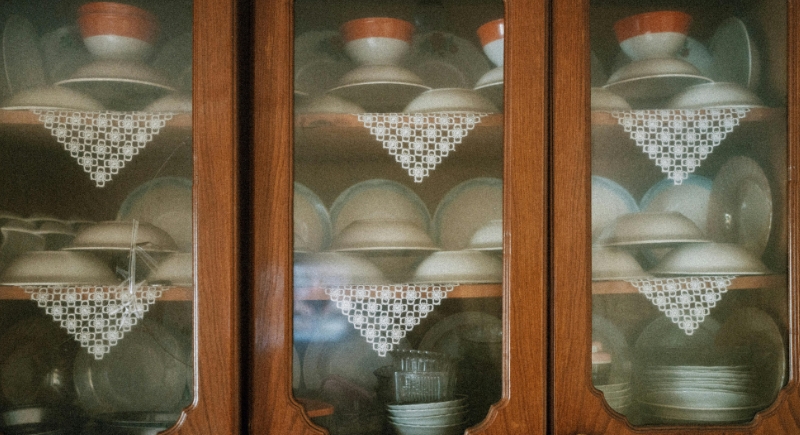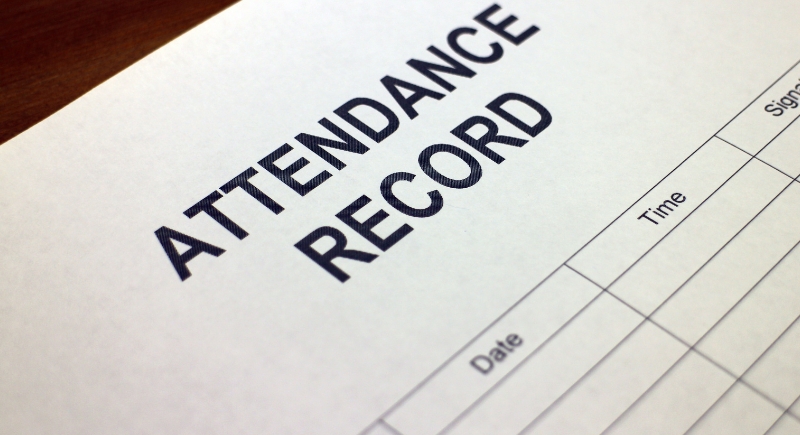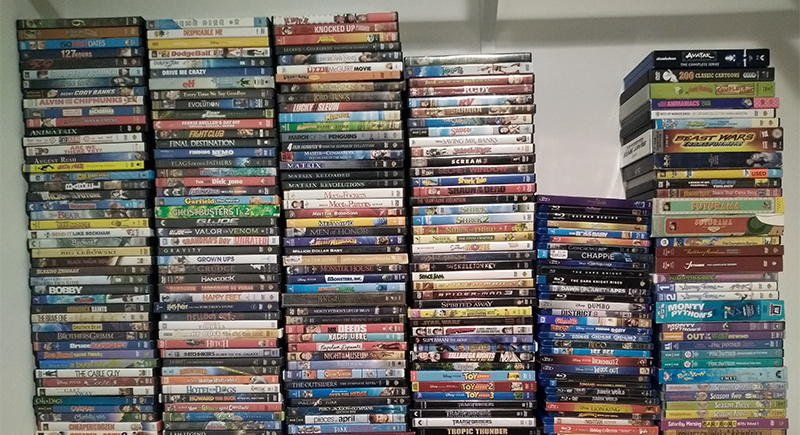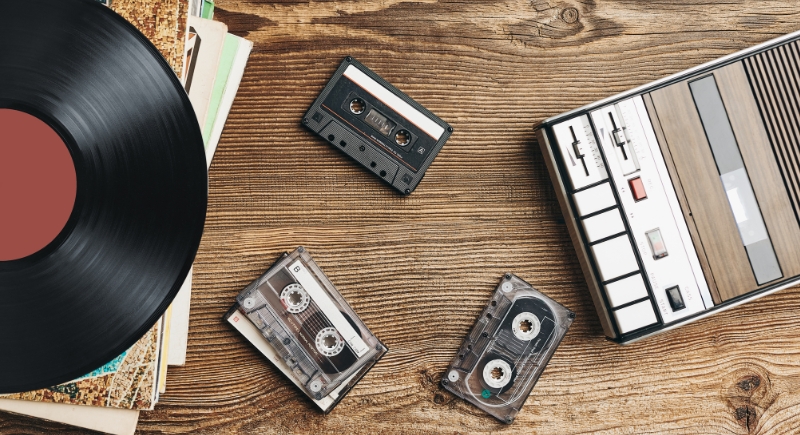Things Boomers Are Proud of That Younger Generations Don’t Value
Each generation has its own sense of achievement. For Baby Boomers, those milestones once represented success: a long career, a house fully paid off, a carefully kept collection of china. But the world that shaped those values no longer exists. Younger people are building lives in a different economy, with new ideas about security and success. What once felt like proof of accomplishment can now sound like a glimpse into another era.
A Lifetime at One Company

Credit: Canva
Boomers often celebrate spending decades at the same job. Loyalty meant promotions, pensions, and respect. Today, switching jobs is seen as a smart career strategy and not a lack of commitment. Younger professionals change roles every few years to gain skills and higher pay.
College That Costs Pennies

Credit: Getty Images
In the 1970s, public university tuition could cost under $400 a year. Boomers sometimes recall covering this with a summer job. Younger generations hear those numbers and wince, knowing tuition today averages tens of thousands annually. Student loan debt now burdens more than 40 million Americans.
Cheap Housing Tales

Credit: Canva
Younger adults often hear about homes bought for $30,000 with disbelief. Boomers recall those purchases as milestones and proof of hard work paying off. But with median prices now above $400,000, the story feels less inspiring than bittersweet. What once symbolized security has become a reminder of how sharply the landscape has changed.
The Heirloom Cabinet

Credit: pexels
The china cabinet once spoke of order and permanence, every piece wrapped in memory. Today, it sits in the background, too fragile to use and too sentimental to toss. Most younger people don’t have the space or patience for collections that can’t serve a meal. What once reflected care now mostly asks for storage.
Perfect Attendance Trophies

Credit: Getty Images
Today’s workers see sick days as part of staying healthy and keeping others safe. The idea of showing up no matter what feels outdated, even careless. But for many Boomers, perfect attendance was once a point of pride, proof of dedication. What counted as discipline then now looks like exhaustion to a generation that values balance.
Owning a Tower of DVDs

Credit: Wikimedia Commons
There was a time when shelves lined with DVDs or CDs felt like a badge of taste and effort. Each title was hunted down, paid for, and proudly displayed. Owning a full collection meant something. Now those same stacks gather dust, reminders of when entertainment came with cases, covers, and the weight of ownership.
Unfiltered Health Updates

Credit: Canva
Boomers often talk about health without hesitation, whether it’s a recent checkup or an aching knee. For them, it’s conversation, not confession. Younger people, raised with stronger ideas about privacy, tend to flinch at that level of detail. What once felt like everyday talk now comes across as sharing too much.
Cars That Outlive Generations

Credit: Getty Images
Boomers often take pride in keeping a car alive long past its expected run. They see it as proof of care and know-how, not just thrift. For younger people, that kind of loyalty feels less practical. With electric cars, shared rides, and shorter leases, reliability means something different now—less about mileage and more about efficiency and ease.
“Never Needed Help” Mentality

Credit: Getty Images
Boomers often frame independence as proof of strength, recalling how they raised families or managed struggles without outside support. Younger generations see it differently. Therapy, childcare, and collaboration are tools, not crutches. The modern definition of resilience is less about refusing help and more about knowing when to seek it.
Comments on Appearance

Credit: Canva
To many younger people, remarks on hair, clothing, or tattoos feel intrusive, even when meant kindly. Boomers often saw the same observations as polite conversation or easy icebreakers. The cultural shift is clear: what once passed as casual connection now risks being read as judgment, as personal style becomes more private territory.
Newspapers in Public

Credit: pexels
Boomers still enjoy the feel of a real newspaper, the sound of pages turning, the small ritual of reading over coffee. Younger people prefer screens that slip easily into a commute or a break at work. The paper still has charm, but it no longer signals sophistication. It’s a habit that now reads as nostalgia.
Tattoo-Free Skin

Credit: Canva
Many Boomers still see bare skin as polished and professional, the look of someone who played it safe. Younger people read tattoos differently. They’re not acts of defiance but small pieces of identity carried on the skin. Ink has lost its edge as rebellion and settled into everyday expression.
Voicemail Novels

Credit: Canva
Boomers still like to leave full messages, the kind that sound like quick phone conversations. They hear warmth in a voice and think words alone can’t carry it. Younger people don’t feel the same pull. A short text does the job faster and fits how they move through the day. The voicemail habit lingers, but mostly out of nostalgia.
Cable TV Subscriptions

Credit: Getty Images
A full cable package once symbolized status: hundreds of channels, a boxy remote, and endless scrolling. Today, it feels clunky. Streaming services offer curated choices, smaller bills, and on-demand convenience. The brag about cable abundance has faded, replaced by pride in cutting the cord and simplifying the experience.
Meaning of Cars

Credit: iStockphoto
For many younger people, a car represents financial strain and environmental cost. Boomers tend to link ownership with freedom and adulthood, remembering the thrill of their first set of keys. The car itself hasn’t disappeared, but its cultural weight shifted: from a powerful emblem of independence to a burden shaped by modern realities.
Formal Posts on Facebook

Credit: Getty Images
Boomers often write Facebook posts like letters, complete with greetings and signatures. To them, this shows care and formality. Younger users, meanwhile, are accustomed to emojis and quick comments, so they may find it awkward in casual spaces. The platforms evolved into shorthand-heavy communication, while Boomers stick to their own style.
Massive Record Collections

Credit: Canva
Rows of vinyl, cassettes, and CDs once stood as monuments to patience and taste. For Boomers, a music library built over decades was something to show off. Today, entire catalogs fit in a pocket through streaming. Collections still carry nostalgic charm, but their bulk feels unnecessary in a world of instant access.
Long Marriages as Proof of Success

Credit: Getty Images
For many Boomers, a long marriage stands as proof of endurance and loyalty. Reaching fifty years together still carries weight. Younger generations often see it differently. Staying isn’t the goal on its own; being happy is. A lasting relationship means less about counting decades and more about growing without losing yourself in the process.
Not Taking Vacations

Credit: Canva
Many Boomers saw unused vacation days as a quiet badge of commitment. Time off meant time away from responsibility, and that never sat easily. Younger workers read it differently. Rest is part of doing good work, not stepping back from it. Taking the full break is no longer a luxury but a sign you plan to last.
Using Checks for Everything

Credit: Getty Images
Writing checks once felt like a mark of discipline. Each signature showed attention to detail and trust in the process. Many Boomers still keep that habit, balancing numbers on paper instead of screens. Younger people move money with a few taps, no envelopes or stamps required. The ritual now feels slow in a world built for instant transactions.